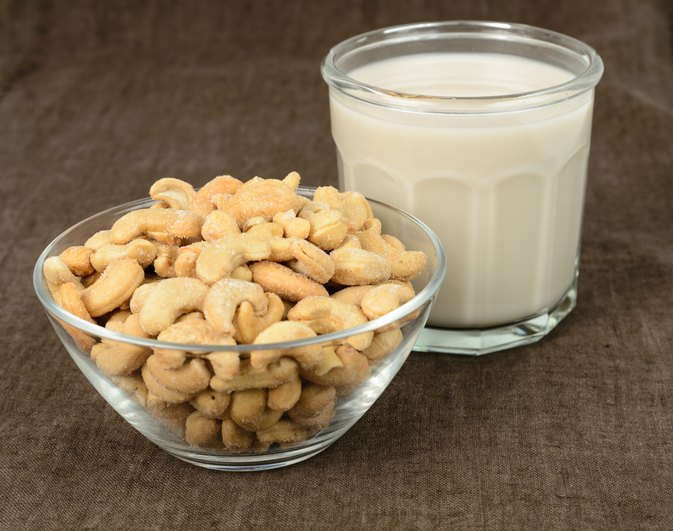Inflammation: Friend or Foe

The Condition In 2021, I contracted Covid 19 - the Delta variant. I experienced almost every common symptom of covid including those in the gastrointestinal tract. Every time I consumed food, there was tremendous amount of phlegm generated in my throat; I cleared my throat constantly. In addition, there was a constant burning sensation in my nose and a sick feeling on my stomach. My primary care physician diagnosed me with acid reflux and told me to take an over-the-counter acid reflux medication. Because the symptoms persisted and the medication wasn't working, she referred me to an ENT (ear, nose, and throat) provider who then diagnosed me with Silent Reflux also known as laryngopharyngeal reflux (LPR). LPR is a condition in which the stomach acid flows back up the esophagus into the throat. I was prescribed the highest dose of reflux medicine to help combat the symptoms. During the visit, the doctor placed a light up my nose and down my throat (this was not...

.jpg)


